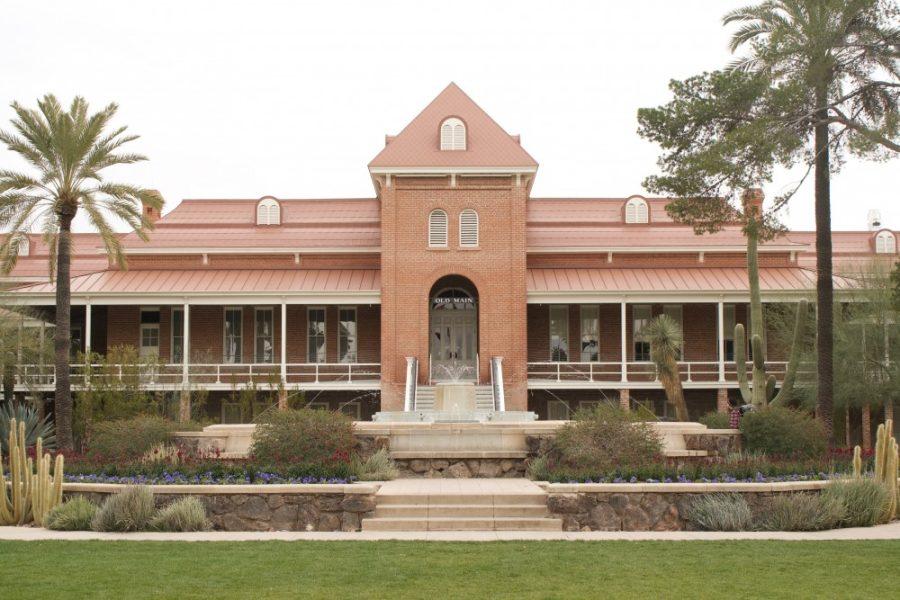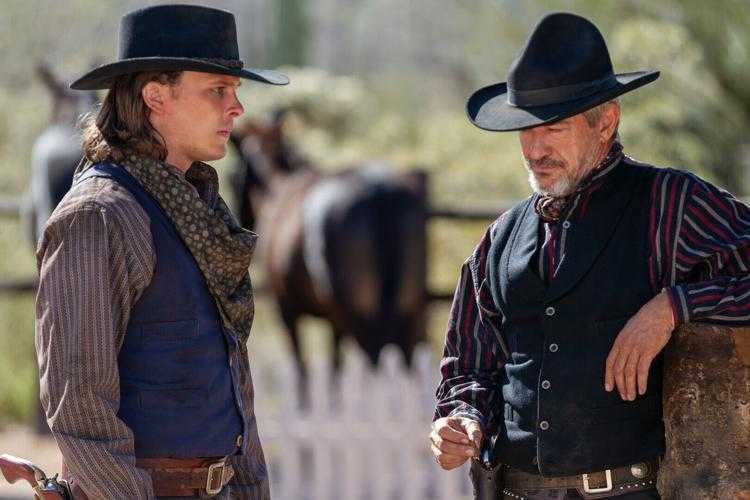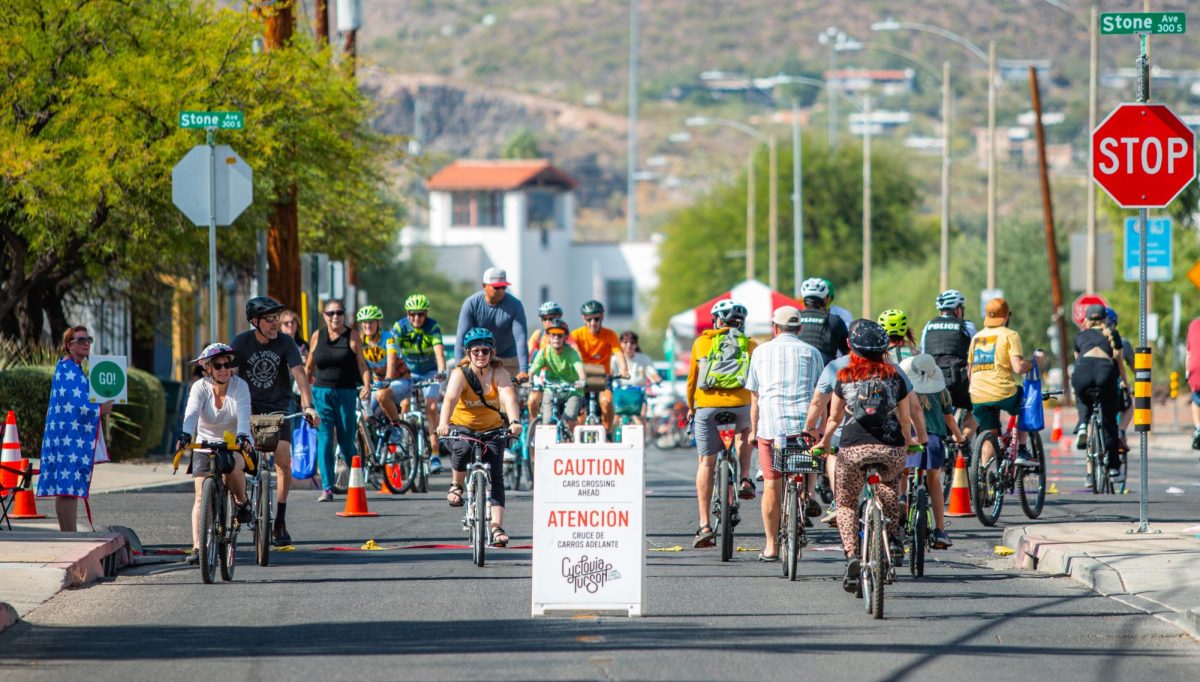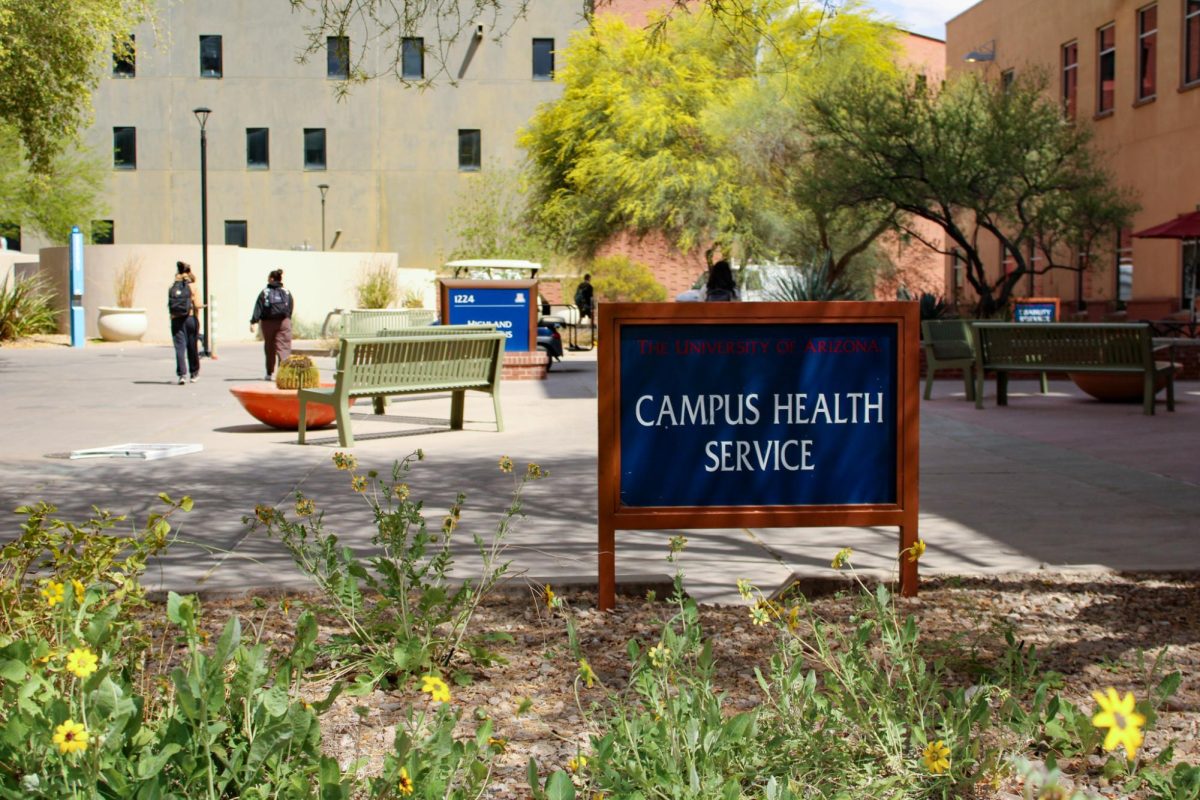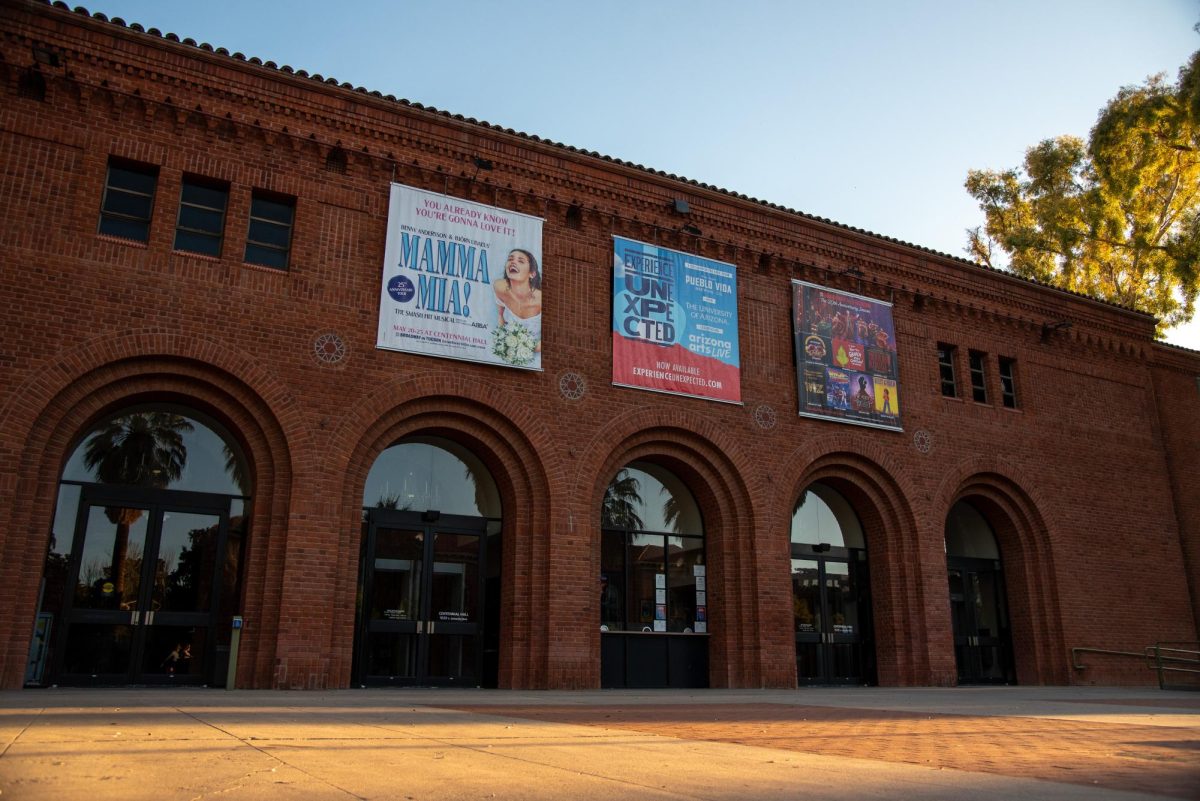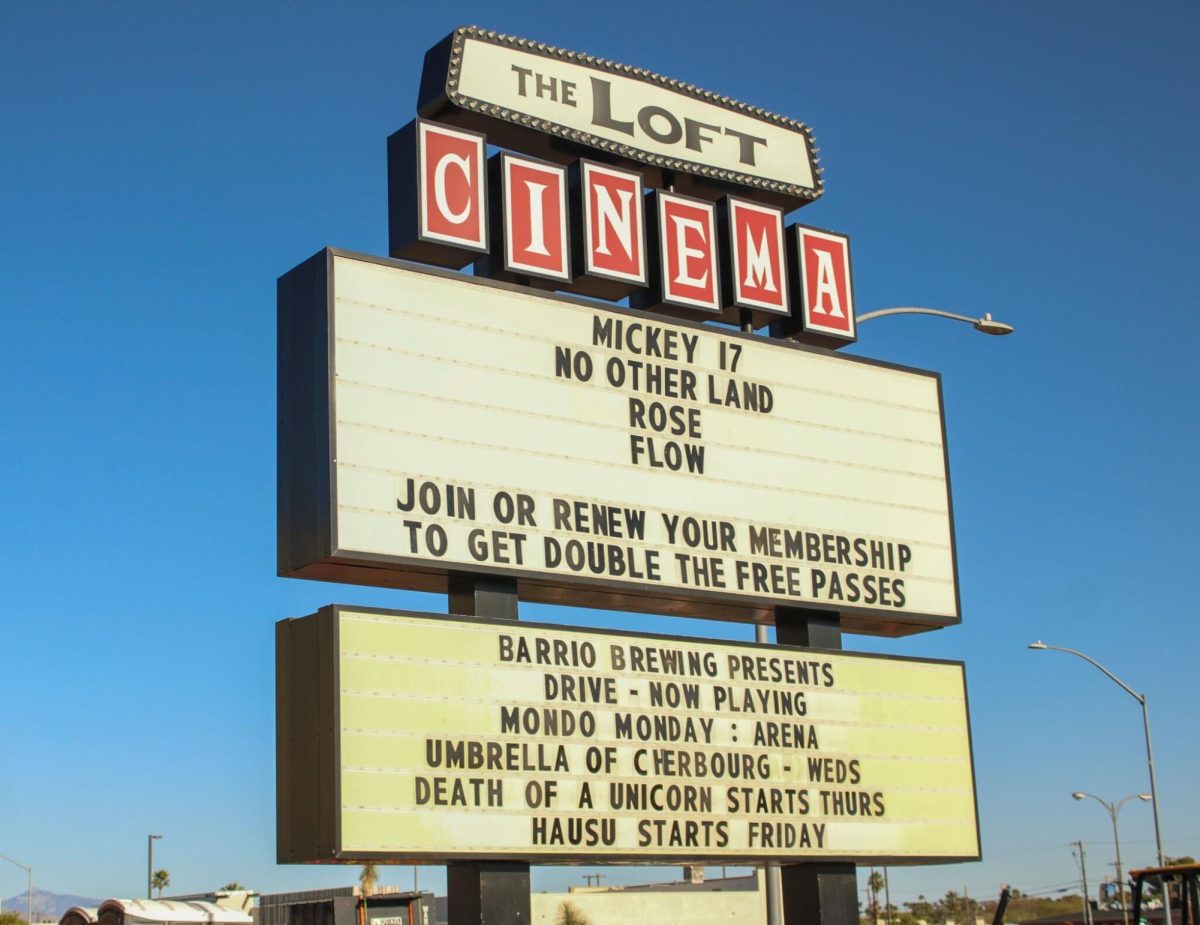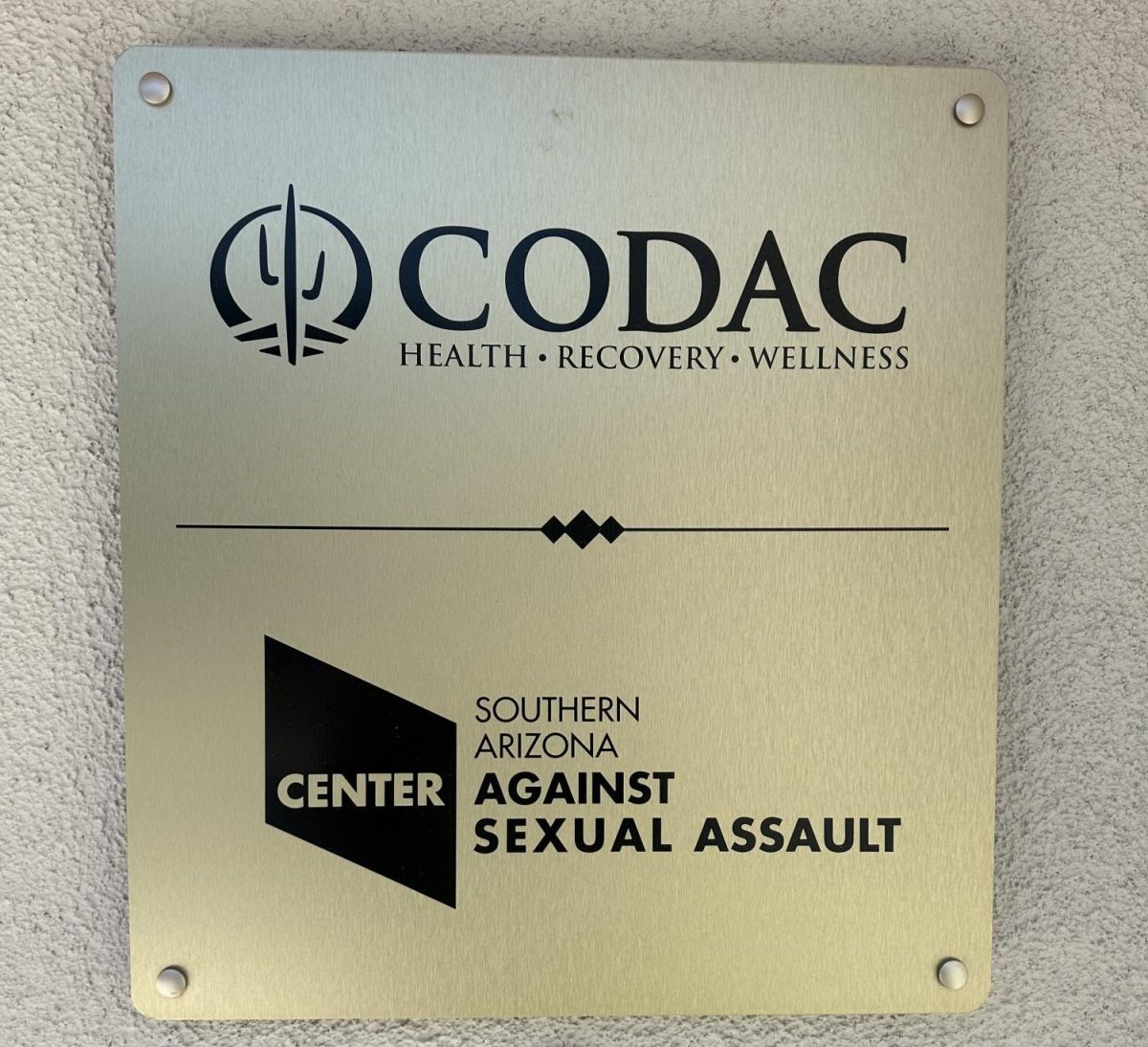There are nearly 20 lectures taking place on the University of Arizona campus this March. Found on the UANews Calendar, the lectures feature presenters from a variety of fields, ages and identities and cover a wide breadth of topics. This article highlights just a few lectures available concerning social issues, art, science, politics, health and anthropology.
Social Issues
On March 16 at 5:30 p.m., Judy Heumann will discuss her new memoir, “Being Heumann: An Unrepentant Memoir of a Disability Rights Activist” in room N120 of the Environmental and Natural Resources 2 building.
According to the Penguin Random House website, the memoir, co-written with Kristen Joiner, tells the story of Heumann’s life as an activist after being paralyzed from having polio as a child.
“From fighting to attend grade school after being described as a ‘fire hazard’ to later winning a lawsuit against the New York City school system for denying her a teacher’s license because of her paralysis, Judy’s actions set a precedent that fundamentally improved rights for disabled people,” according to the website’s summary.
Heumann will also talk about the Americans with Disabilities Act in light of its 30th anniversary, according to UANews.
Art
On March 10, Jessa Rae Growing Thunder, a Fort Peck Dakota/Nakoda beadwork artist, is coming to the Center for English as a Second Language in room 103 at 7 p.m. to discuss how history is entwined in her art and how “indigenous women have encrypted their histories in their beadwork,” according to UANews.
According to the Albuquerque Journal, Growing Thunder has been a part of the beading process since the week she was born. Her mother and grandmother introduced her to beading as early as three, the journal wrote, and she now creates her own beaded dolls.
“Birds of Longing,” Laurie Wohl
On March 31, Laurie Wohl will give a talk on her textile exhibition “Birds of Longing: Exile and Memory” at 6 p.m. in the Jeremy Ingalls Gallery of the Poetry Center.
Wohl told the Woolf Institute that this project was spurred by 9/11 and the following prejudice against Muslim people.
The resulting project combines Jewish, Muslim and Christian medieval prose with modern Middle Eastern poetry, according to the Poetry Center’s website. The words are crafted into large, colorful tapestries featuring her unique “Unwoven” style and paired with a multilingual soundscape.
RELATED: How dual-language picture books preserve and diversify culture
Science
“Native Voices in STEM,” James Calabaza
James Calabaza, the national program coordinator for the nonprofit Trees, Water & People, an organization that works on conservation and resource management in mostly indigenous and Latin American lands, will speak on March 4 at 2 p.m. in room S210 of Environmental and Natural Resources 2.
The lecture is part of the series “Native Voices in STEM,” which seeks to share the stories and discoveries of native leaders in STEM fields, according to the UA’s Institute for Energy Solutions website.
Calabaza will tell his story, from his experience as a first generation college student to his current passion for conservation guided by indigenous values.
“Our World is Changing Faster Than We Are,” Howard-Yana Shapiro
On March 3 at 7 p.m., Howard-Yana Shapiro, the chief agricultural officer and Mars Advanced Research Institute Fellow of Mars Inc. and an adjunct professor of plant sciences at University of California, Berkeley, will present the latest installment of the 2020 Arizona Science Lecture Series at Centennial Hall.
The lecture is titled “Catalysts of Change: How scientific advances are changing the future of life as we know it,” and began on Feb. 4 of this year, according to the College of Science’s website.
UANews wrote that Shapiro will delve into the complexities of feeding the world and examine the feasibility and sustainability of proposed solutions.
Politics
Talk, Q&A with Visiting Author John Sexton
John Sexton, the former president of New York University, will present his book “Standing for Reason: The University in a Dogmatic Age,” at 7 p.m. on March 2 in the Stevie Eller Dance Theater. Afterwards, he will participate in a Q&A with UA President Dr. Robert C. Robbins, who will host the talk.
According to the Yale University Press, Sexton’s book focuses on the idea of “secular dogmatism,” or a fixed quality to political beliefs that resembles religious exclusivity, which Sexton believes is endangering the practice of thought.
“Sexton sees our universities, the engines of knowledge and stewards of thought, as the antidote,” the Yale University Press wrote.
Health
Dr. Venkat Ganapathy, an orthopedic surgery associate professor for the UA College of Medicine — Tucson, will give a lecture on his area of expertise, orthopedic spine issues, on March 4 at 6 p.m. in the Health Sciences Innovation Building.
According to UANews, “experts estimate that nearly 80 percent of the population will experience a back problem at some time in their lives.”
Ganapathy will give general information about the spine, its functions and what causes back pain before getting into his “patient-centered approach” toward back pain.
Anthropology
“The Fate of Classical Antiques in the Nazi Era,” Irene Bald Romano
Irene Bald Romano, a UA anthropology professor, will examine what happened to classical antiques made in the destructive Nazi era on March 24 at 5 p.m. in the Anthropology building, room 129.
The lecture will be presented by the Archaeological Institute of America Society of Tucson and Southern Arizona. According to its website, the organization connects community members with archaeological research through events like this one.
Follow Capri Fain on Twitter



